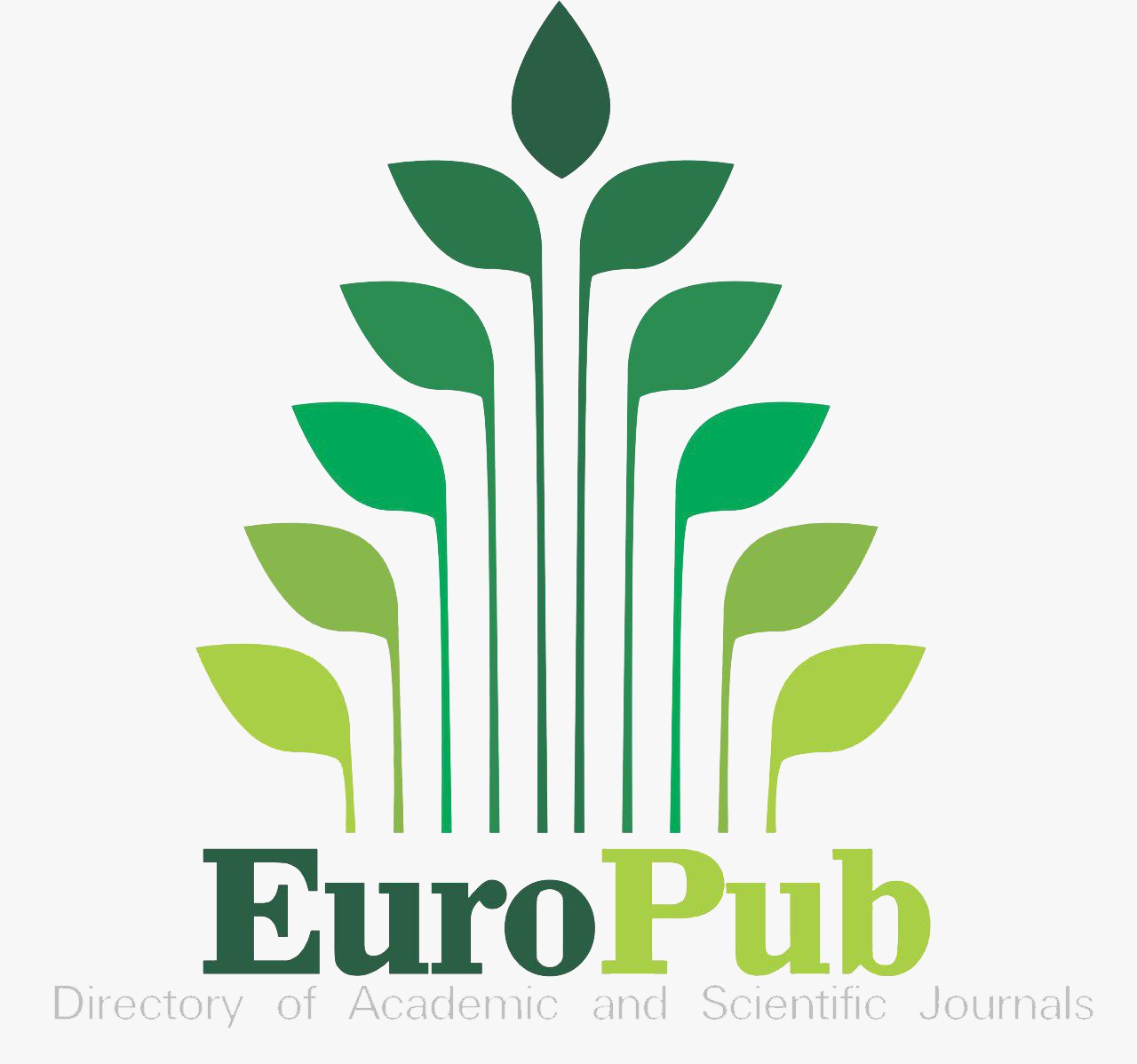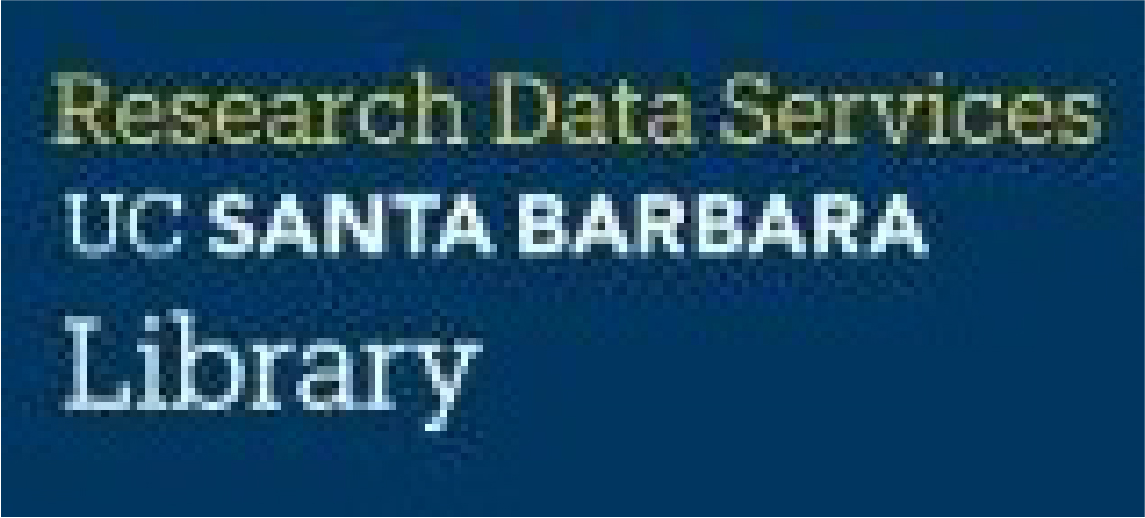FACTORS THAT INFLUENCE READING AND WRITING IN RURAL AREAS.
DOI:
https://doi.org/10.56219/dialctica.v1i26.4364Keywords:
Literacy, rurality, reading competencies, communicative skillsAbstract
This article allows us to reflect on the reading and writing process that is oriented in the rural area and that brings us closer to recognizing the limitations and interests of the student in the achievement of their goals at the level of the reading and writing process that is found in this sector. Therefore, it is important the experience that the teacher experiences in this environment, which allows taking advantage of its context to read historical stories, construction of continuous and discontinuous texts, thus enjoying the experiences around natural landscapes and phenomena that occur in the rural area. The guiding teacher should make the most of the academic process in order to make it meaningful for the student. The process of acquiring reading and writing should take into account the implementation of strategies from the first educational stages within elementary schooling, of which its importance is highlighted because they are the fundamental basis in the process of developing language skills, to read, write, speak and listen, stirring a relational learning for the achievement of a high level of communication. For this article, an observation and understanding of the practices developed in this research is made from a phenomenological perspective as a qualitative method that facilitates the visualization of relevant aspects in the rural area regarding the literacy process that takes place, and the contrast with the theoretical foundations that determine the important characteristics to consider and the didactics that will, at a certain moment, promote learning. In conclusion, it is evident that every person requires communicative skills; reading and writing are the foundation for access to knowledge, strengthened by practices from different social spaces where there are co-responsible parties for a good exercise, making it more enjoyable for the child in their school stage, a process reinforced at each stage of their life, and which is necessary to achieve set goals.
Downloads
References
Cassany, D. (2006). TRAS LAS LÍNEAS. Sobre la lectora contemporáneo. Anagrama, Barcelona.: https://repositorio.unam.mx/contenidos/tras-las-lineas-sobre-la-lectura-contemporanea-daniel-cassay-barcelona-anagrama-2006-16477.
Coll, C. (2021). Los desafios de las TIC, para el cambio educativo. https://postitulosecundaria.infd.edu.ar/archivos/repositorio/500/745/Coll_Desafios_TIC.pdf, 113-126.
Lozano Rodríguez, I. (2002). La lectura y la escritura: una aproximación desde la teoría de la actividad. Bogotá: https://revistas.udistrital.edu.co/ index.php/enunc/article/view/2461/3424.
Margarita, P. K.-G. (1982). EL PROCESO DE LECTURA:CONSIDERACIONES A TRÁVES DE LAS LENGUAS Y EL DESARROLLO. Editorial Siglo XXI, México., 1-22.
Pontificia Universidad Javeriana. (2023). Informe Análisis Estadístico LEE. No 79 (2023). https://www.javeriana.edu.co/recursosdb/5581483/8102914/Informe-79-Educacio%CC%81n-rural-en-Colombia-%28F%29oct.pdf, 1-21.
Rivera, V. S. (1991). http://revistas.pucp.edu.pe/index.php/arete/article/view/5052/5044. Recuperado el 03 de 03 de 2025
Rodríguez, I. L. (2002). La lectura y la escritura: una aproximación desde la teoría de la actividad. Enunciación, 46-50. DOI: https://doi.org/10.14483/22486798.2461
Rojas Rojas, S. E., Muñoz Martínez, T., & Albarracín Bohórquez, N. (2018). Ruralidad en Colombia. Bogotá: https://www.perlego.com/es/book/1581155/ruralidad-en-colombia-pdf. DOI: https://doi.org/10.2307/j.ctv1m0kh8d
Samper, M. D. (1996). https://drive.google.com/file/d/0B6E46LF9pF1Qa0RIUmp EMW9lRm8/view?pli=1&resourcekey=0-MbZpfc5PuvcXvxSNClekaQ. Recuperado el 15 de 03 de 2025, de TEORIA-SEIS-LECTURAS-ZUBIRIA.pdf.
Solé, I. (1998). ESTRATEGIAS DE LECTURA. https://media.utp.edu.co/referencias-bibliograficas/uploads/referencias/libro/1142-estrategias-de-lecturapdf-N0aU6-libro.pdf, 1-199.
Downloads
Published
How to Cite
Issue
Section
License

This work is licensed under a Creative Commons Attribution-NonCommercial-ShareAlike 4.0 International License.
La revista Dialéctica conserva los derechos patrimoniales (copyright) de las obras publicadas, que favorece y permite la reutilización de los mismos bajo la licencia Creative Commons Atribución-NoComercial-CompartirIgual 4.0 , por lo cual se pueden copiar, usar, difundir, transmitir y exponer públicamente, siempre que se cite la autoría y fuente original de su publicación (revista, editorial, URL y DOI de la obra), no se usen para fines comerciales u onerosos y se mencione la existencia y especificaciones de esta licencia de uso. Si remezcla, transforma o crea a partir del material, debe distribuir su contribución bajo la misma licencia del original.















